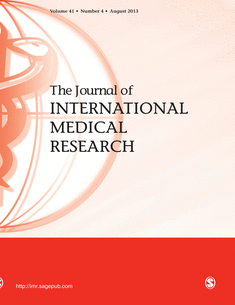
SPINE
Dexmedetomidine vs. remifentanil during vertebroplasty/kyphoplasty in elderly patients
J Int Med Res. 2016 Apr;44(2):307-1675 elderly patients scheduled to undergo vertebroplasty or kyphoplasty for compression fracture were randomized to receive either remifentanil or dexmedetomidine as a sedative during monitored anaesthesia care. The purpose of this study was to compare the effects of the two treatments on patients' haemodynamic stability and respiratory condition. Findings indicated significantly lower mean arterial pressure (MAP) and heart rate (HR), and higher SpO2 levels in the dexmedetomidine group compared to the remifentanil group. Remifentanil was also associated with significantly higher production of respiratory depression and oxygen desaturation, but reduced the need for additional opioids. Recovery time, investigators' satisfaction scores and patients' overall pain outcomes were comparable between groups.
Unlock the full ACE Report
You have access to {0} free articles per month.Click below to unlock and view this {1}
Unlock NowCritical appraisals of the latest, high-impact randomized controlled trials and systematic reviews in orthopaedics
Access to OrthoEvidence podcast content, including collaborations with the Journal of Bone and Joint Surgery, interviews with internationally recognized surgeons, and roundtable discussions on orthopaedic news and topics
Subscription to The Pulse, a twice-weekly evidence-based newsletter designed to help you make better clinical decisions
Exclusive access to original content articles, including in-house systematic reviews, and articles on health research methods and hot orthopaedic topics
Or upgrade today and gain access to all OrthoEvidence content for just $1.99 per week.
Already have an account? Log in


Subscribe to "The Pulse"
Evidence-Based Orthopaedics direct to your inbox.
{0} of {1} free articles
Become an OrthoEvidence Premium Member. Expand your perspective with high-quality evidence.
Upgrade Now












































































